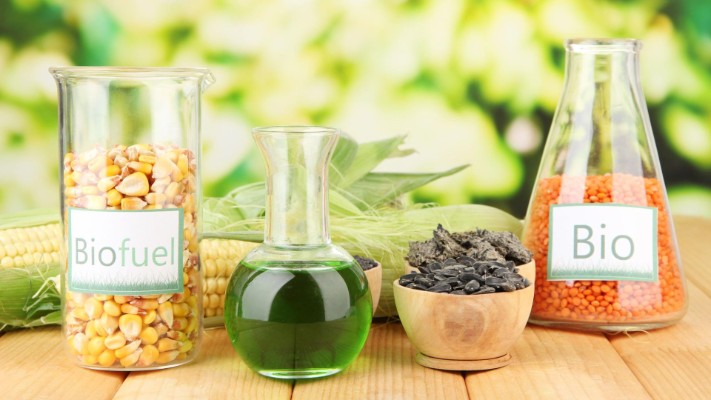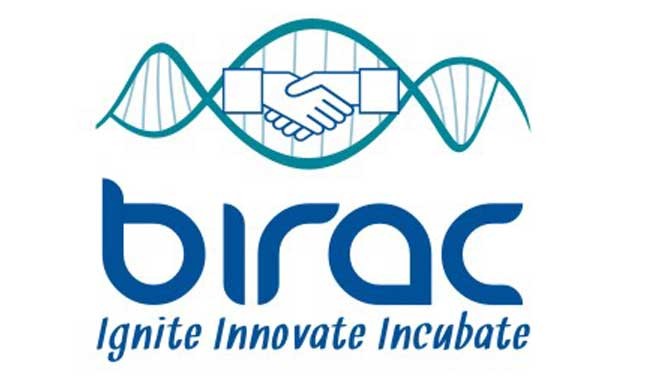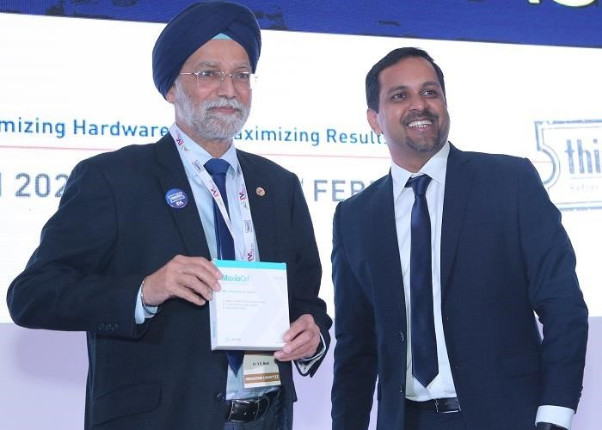News

Cabinet Gives Green Signal to Expanded Biofuel Scheme
- by Team ABLE - 09 Aug, 2024
Bengaluru: In a major move to boost India's biofuel production and reduce reliance on fossil fuels, the Union Cabinet, chaired by Prime Minister Mr. Narendra Modi, on August 9, 2024 approved the modification of “Pradhan Mantri JI-VAN Yojana”. The scheme will cover advanced biofuels produced from lignocellulosic feedstock, i.e., agricultural and forestry residues, industrial waste, synthesis (syn) gas, algae, and others, expanding its scope and extending its timeline to 2028-29.
The scheme will provide financial incentives to projects using new technologies and innovative approaches in biofuel production. It also allows for the participation of "bolt-on" plants and brownfield projects, leveraging existing infrastructure.
The government has been steadily increasing ethanol blending in petrol to reduce the country's dependence on imported crude oil. The expanded Pradhan Mantri JI-VAN Yojana is expected to further accelerate this process and contribute to India's target of net-zero greenhouse gas emissions by 2070.
The Government has been promoting blending of ethanol in petrol under the Ethanol Blended Petrol (EBP) Program, where Public Sector Oil Marketing Companies (OMCs) sell petrol blended with ethanol. Under the EBP Program, the blending of ethanol with petrol increased from 38 crore liters in Ethanol Supply Year (ESY) 2013-14 to more than 500 crore liters in ESY 2022-23, with a corresponding increase in blending percentage from 1.53% to 12.06%. The blending percentage has touched 15.83% in July 2024, and the cumulative blending percentage has crossed 13% in the ongoing ESY 2023-24.
OMCs are on course to achieve the 20% blending target by the end of ESY 2025-26. It is estimated that over 1,100 crore liters of ethanol will be required during ESY 2025-26 to achieve 20% blending, for which 1,750 crore liters of ethanol distillation capacity needs to be installed to meet the blending requirement and for other uses (potable, chemical, pharmaceutical, etc.).
To meet the ethanol blending targets, the Government is also focusing on alternate sources like 2nd Generation (2G) Ethanol (Advanced biofuels). Surplus biomass or agricultural waste with cellulosic and lignocellulosic content, industrial waste, etc., can be converted to ethanol using advanced biofuel technology.
To encourage 2G ethanol capacity in the country and attract investment in this sector, “Pradhan Mantri JI-VAN (Jaiv Indhan- Vatavaran Anukool fasal awashesh Nivaran) Yojana” was notified on March 7, 2019, to provide financial assistance to 2G Bio-ethanol projects.
Under the scheme, the first 2G Ethanol Project set up by Indian Oil Corporation at Panipat, Haryana, was dedicated to the nation by the Prime Minister on August 10, 2022. The other 2G commercial projects being set up by BPCL, HPCL, and NRL at Bargarh (Odisha), Bathinda (Punjab), and Numaligarh (Assam), respectively, are also nearing completion.
The scheme will provide financial incentives to projects using new technologies and innovative approaches in biofuel production. It also allows for the participation of "bolt-on" plants and brownfield projects, leveraging existing infrastructure.





